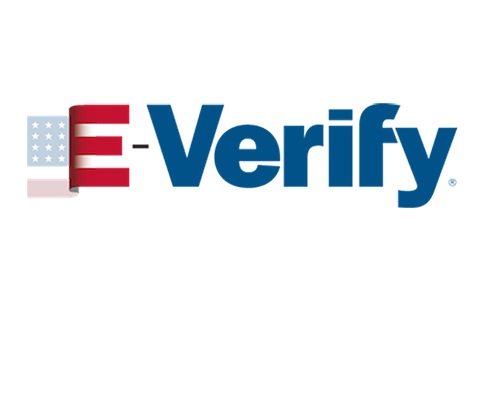By Ana Ceballos, The News Service of Florida
TALLAHASSEE — As the 2020 legislative session draws to a close, the House and Senate are in a standoff over a politically charged immigration proposal that is a top priority of Gov. Ron DeSantis.
House Republicans on Tuesday refused to back a Senate measure that would have given the Republican governor’s administration the power to randomly audit private businesses to ensure they are not hiring undocumented workers.
Under the Senate plan, private businesses would have the option to use E-Verify or the“I-9” form, two methods used by the federal government to verify workers’ legal eligibility. The Senate approved the proposal, which has the backing of DeSantis, last week.
But, after debating the measure (SB 664) for two hours Tuesday, the House replaced the Senate’s language with the House version of the bill (HB 1265).
The move came days after House Speaker Jose Oliva, R-Miami Lakes, said he had “tremendous concern” about giving an executive agency the authority to audit businesses at will, saying “something about that does not say American to me.”
Tuesday evening, the Senate sponsor of the measure questioned whether there is adequate time in the 60-day session, which is scheduled to end Friday, to resolve differences between the two chambers on one of DeSantis’ chief legislative priorities.
Sen. Tom Lee, a Thonotosassa Republican, said procedural delays could endanger the bill’s future.
“We are going to have to bring it back here (the Senate) and we’re going to re-open it to debate and all that is going to create drama and kill bills,” Lee told reporters Tuesday evening. “We have to get this done between now and Friday one way or the other.”
The Senate bill that was revised by the House was a version that was meant to “appease” House members, Lee emphasized. He said the bill was negotiated with the governor’s office and included much of the House’s language in order to reach a “compromise” between the two chambers.
“I guess it has fallen short for whatever reason,” Lee said, adding that he is “not a big fan of where (the bill) stands now.”
The revised proposal still would require all public employers — such as school districts, public universities and state agencies — and their contractors to register with and use E-Verify.
The bill also keeps intact a provision that would give private companies the option to use the federal verification system or an “I-9” form, which federal law already requires businesses to use.
Under the House version of the bill, private businesses that receive state-funded economic incentives would have to use E-Verify. The Senate’s plan, however, would allow private companies who receive incentives to use E-Verify or a “substantially equivalent” system.
The main sticking point — and the provision that drew Oliva’s criticism — was a provision in the Senate bill that gave the Department of Economic Opportunity the authority to check the employment files of businesses that opt not to use E-Verify.
DeSantis, who made an E-Verify mandate a cornerstone of his 2018 run for governor, has made clear to the Legislature that he wants a bill requiring all public and private employers to use E-Verify.
But the governor’s request appears to have fallen short, given that both the Senate and House have proposed legislation that would give private businesses the option of keeping a three-year record of the documents used by applicants to complete an “I-9” form.
The current version of the bill also says that government employers or private businesses do not have to verify the legal eligibility of workers who are already employed. The measure would give private and public employers until January 2021 to begin checking workers’ immigration status through either of the two federal verification methods.
The House could vote on the measure as soon as Wednesday. If the House passes the proposal, it would have to be sent back to the Senate for another vote.
“It is dangerous to bounce the bill, but I think the House knew that,” Lee said, frowning. “If the governor weighs in, we probably will be inclined to find time.”


It should be ALL Businesses must use E-Verify. If you charge Businesses to use it, and you make it where ALL Businesses use it, you should be able to cut the cost for the use of it.